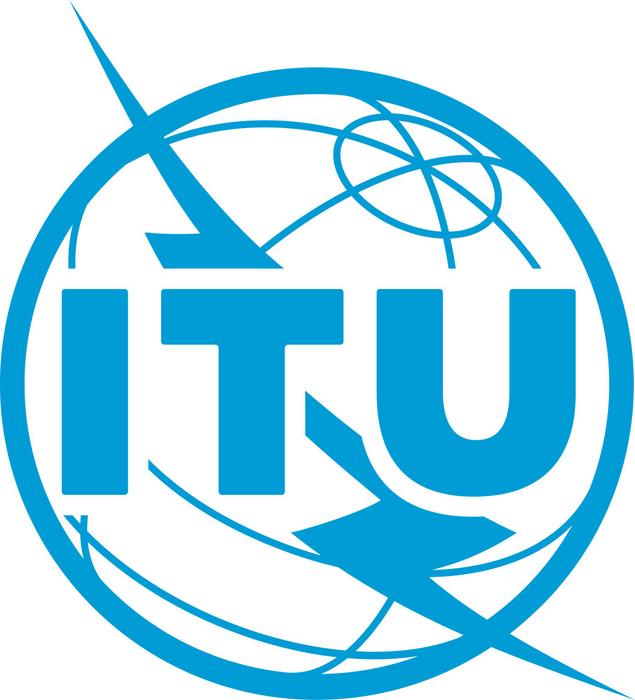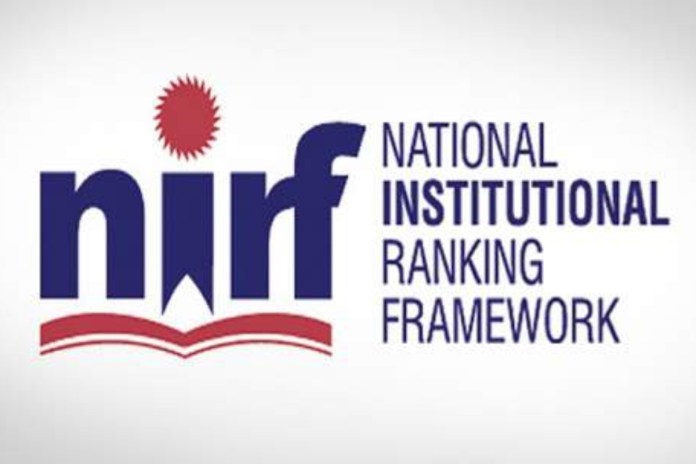In Washington, seven Indian student teams, including three from high schools, have secured their participation in the prestigious 2024 NASA Human Exploration Rover Challenge (HERC) to be held in the United States.
These seven teams hail from various educational institutions in India, such as the Birla Institute of Technology and Science-Pilani, Goa Campus; Candor International School, Bengaluru; Kanakia International School, Mumbai; KIET Group of Institutions, Delhi-NCR; Punjab Engineering College, Chandigarh; Vellore Institute of Technology, Chennai; and Young Mind Research and Development, Faridabad.
They will be among 72 teams from 13 nations worldwide competing in this engineering design challenge aimed at creating human-powered rovers.
The HERC, commemorating its 30th anniversary in 2024, presents the students with the task of conceptualizing, building, and testing lightweight human-powered rovers on a course that simulates lunar and Martian terrain. They must also complete mission-specific scientific tasks during this challenging endeavor.
Vemitra Alexander, the rover challenge activity lead from NASA Marshall’s Office of STEM Engagement, stated, “Throughout this authentic learning challenge, NASA encourages students to improve their understanding of collaboration, inquiry, and problem-solving strategies. Improving these critical real-world skills will benefit our students throughout their academic and professional careers.”
In the previous HERC event in 2023, India was represented by 11 student teams on the international stage. Among the newly selected Indian teams, VIT Chennai, BITS Pilani Rajasthan, and Amity Noida from the KIET Group of Institutions also participated in the 2023 challenge.
During the nine-month competition, students will conduct design and safety reviews to emulate the processes employed by NASA engineers and scientists. NASA has imposed weight and size restrictions on the rovers, encouraging students to consider lightweight construction materials and efficient stowage, mirroring the payload constraints seen in NASA’s launch operations.
Teams will accumulate points by successfully passing design reviews, fabricating rovers that meet specified criteria, navigating course obstacles, and completing mission tasks. The teams with the highest accumulated points at the end of the project year will be declared winners in their respective divisions.
The HERC 2024 will culminate with an event on April 19 and 20, 2024, at the US Rocket and Space Center in Alabama. This competition is one of the nine Artemis Student Challenges and aligns with the objectives of the NASA Artemis program, which includes the goal of landing the first woman and the first person of color on the Moon.
- Press release




